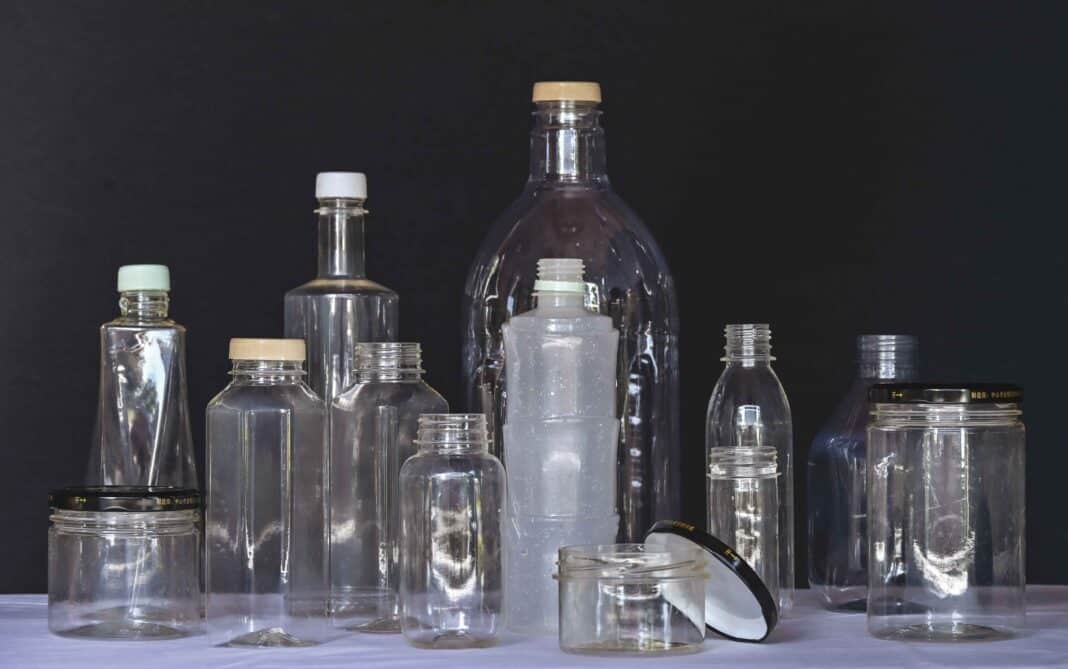100% biodegradable and compostable, the VeganBottle is made with a bagasse-based bioplastic, the residue from the crushing of sugar cane. An innovation due to an engineer, Nicolas Moufflet, installed in Charentes-Maritime. Presented for the first time at Réunion in 2019, this innovative container is now available locally thanks to its company Lyspackaging.

Partly local production that is technically feasible
Nicolas Moufflet came to present the product in the Indian Ocean (Meeting, Mauritius and Madagascar) in 2019. Biosourced containers can be suitable for many products, as shown in the Lyspackaging range : drinks (Juice, eau, new recipes…), Honey, but also cosmetics, soaps, creams. Bagasse is a well-known cane co-product in Reunion Island where it has been used since the 1980s in energy form in the thermal power stations of Gol and Bois Rouge during the six months of the sugar campaigns.. Lyspackaging's VeganBottles are produced from bagasse imported from several tropical areas of the world. (except South America). The bottles are produced in mainland France in Charentes-Maritimes. Would it be possible to produce them locally? ? Partly yes. This possibility is even part of the project. Lyspackaging offers a production model using imported pellets that is even more ecologically interesting, the bottles being manufactured on the premises of their markets.
A source of industrial compost
The great advantage of the VeganBottle compared to classic plastic packaging, it is its biodegradability in a few months. Lyspackaging carried out a comparative life cycle analysis (ACV) of its product with those of virgin and recycled PET, and the company works with the association Les Alchimistes (also present at the Reunion) on final valuation solutions. It results from these analyzes that, if the recovery of VeganBottles at the end of their life cannot be done at home in household composters, it is possible in industrial composting centers which treat green waste or in methanization installations. This plant-based container produces certified compost without toxic residue, to EN 13 432 standards (90% biodegradation in less than six months) et NFU 44-051. “Our VeganBottle technology eliminates more than 50% of greenhouse emissions compared to traditional plastic” underlines Anissa Malagouen.












